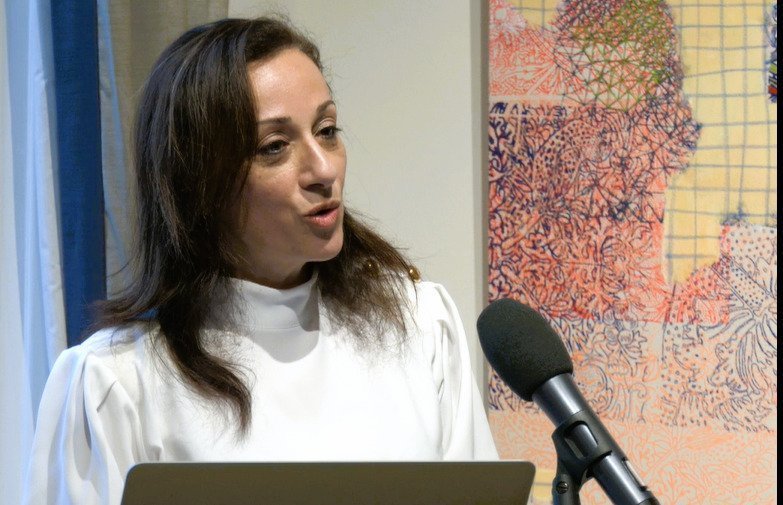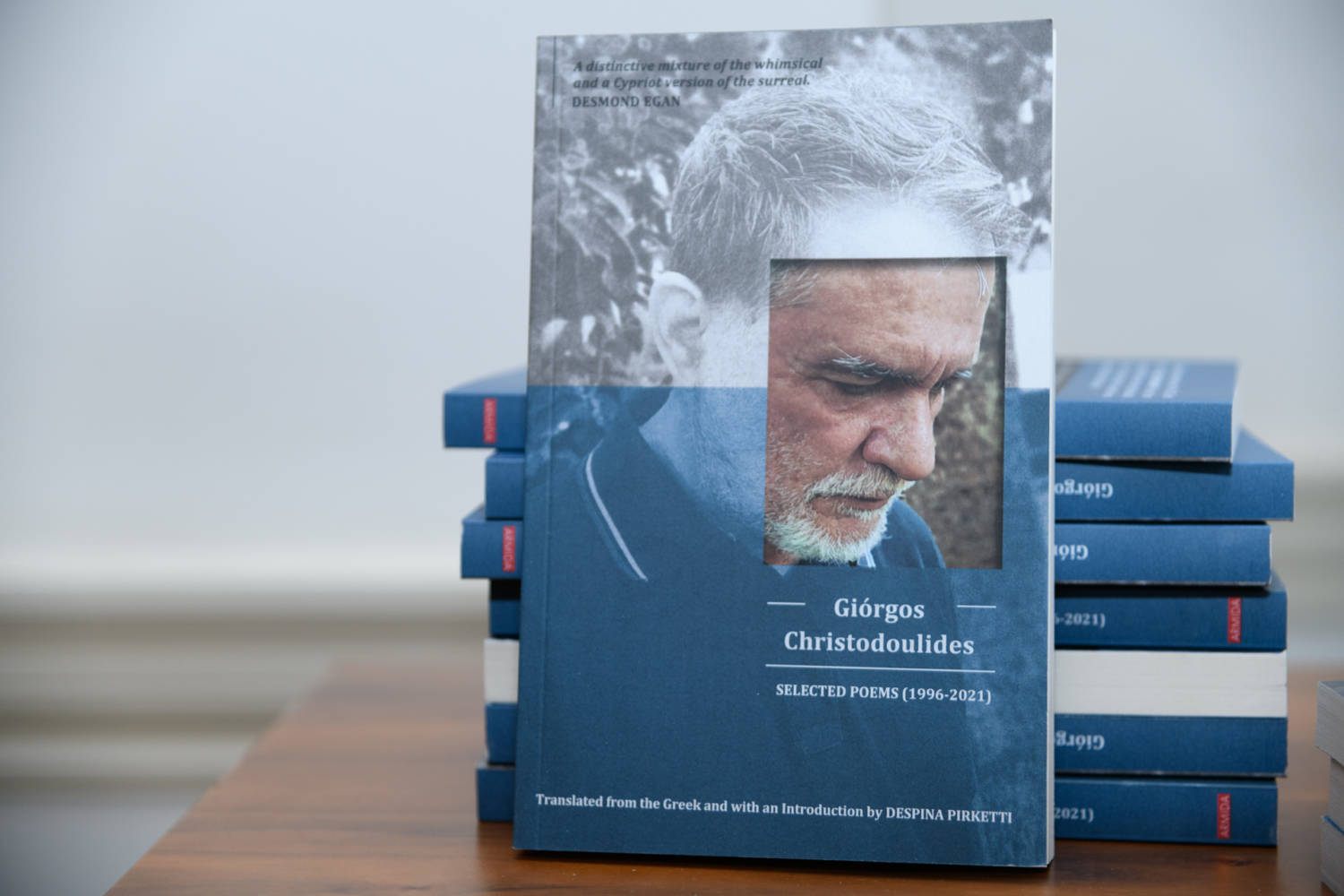Let me take you a few years back; to the 15th century.
In Cyprus, during Frankish rule, when not many people knew how to read and write, storytellers visited villages and told Crusader stories to adventure-thirsty crowds. The stories were usually based on the tradition of the chronicle, which is an account of historical events. However, the main aim of storytellers was not to tell the historical truth but rather to entertain. Their stories were open-ended and could be readjusted in tune with the crowd’s reactions.
I have leaned upon the fluidity of storytelling in order to draw a parallel with the literary translator’s task. Storytelling in Cyprus during Frankish rule entailed a subjective treatment of the original material whereby facts and fiction blurred to best serve the performative effect of a story. Storytellers interpreted old stories through the lens of their contemporary audience and relayed them in an engaging manner – very much like translators do, hopefully not so freely! Nevertheless, the practice of translation is a highly personal, creative process. And it is something we all do, whether consciously or unconsciously. In our daily exchanges, don’t we construe or misconstrue events, occurrences and feelings and then retell them to someone else? Aren’t we all translators of our own and of others’ experiences? If so, wouldn’t it be pointless and rather pretentious on behalf of writers and translators to lay claim to an unchanging narrative? Or to suppose there is always a fixed meaning to be communicated within the same language or across different languages?
The very notion of translation entails movement, and movement entails shift and unsettlement. To convey a varied assemblage of verbal and pictorial signs into another system is an act of transformation that should not be defined by either loss or gain, but by a new, multilayered reception. When you leave one place to go to another, you forgo the physical form of the experience that sustained you there, but are you ever entirely rid of it? I think we all carry traces of where, how and who we used to be, and these traces are embedded in our present and future versions. They are ensconced within the way we speak and write – especially if we write or translate poetry. We make use of the fascinating potential of rhetorical devices in order to call attention to the polysemy of our speech; to the different motives of our intention to communicate with others, let them know who we are and what we’ve been through so far – but not in so many words.
In 2017 I had the great pleasure of translating a Cypriot poet who was born and raised in London and is a native speaker of English. His name is George Tardios. His mother tongue, in the sense of the language of his mother, is Cypriot Greek. Therefore, when he wrote the collection “Buttoned up Shapes”, a tribute to the first Cypriot immigrants to London in the 1930s, George – among other things – alluded to the turmoil of spatial, verbal and emotional shift. He wrote well-crafted, evocative, not too explicit English verses – imbued, however, with un underlayer of his Cypriot Greek origins. In fear of sounding too vague, I have to tell you that the English original of the poet George Tardios wondrously contained its Greek translation. For instance, the poem “Alien Light”, about a young man, Xenophon, who falls in love with his best friend’s wife and, derided by friends and family, loses his mind, is in fact a metaphor for the man’s name: Xenophon in ancient Greek means “Strange Voice”. Its Cypriot Greek variation, Xenophos, signifies Strange or Alien Light.
We speak with metaphors to appeal to the listener’s emotion or sense of logic. We use parallels to expand our story, we repeat to make a point, we compare to clarify. Like storytellers, we slip excerpts in and out of our narratives in order to connect more deeply. And this we do as human beings, quite conscious of our ephemeral nature but also mercifully aware of the longevity of art. Our poems and our translated poems will be here long after we are not – they might even thrive in our absence. To try and isolate them within a fixed framework of authorial intention or translational fidelity would be to disregard the poem’s rough core of embers that fan into flame each time it crosses over to a new system of vocal symbols, alight with enriching potentialities.
These one hundred poems we have selected from a body of work spanning 25 years have been translated into English in order to expose the worldview of Giorgos Christodoulides, not just his work. Everything I have proposed above – my view of the translational process and my practice of it – would not have applied as easily as I suggest had it not been for this particular poetry, and this particular poet. That he has given me the absolute freedom to interpret his work and reproduce it, tinted with hues of my choosing, is a privilege I will forever hold dear to my heart.
This talk was delivered at the launch of “Giorgos Christodoulides, Selected Poems 1996-2021” (Armida, 2021) at the Cyprus High Commission in London, in April 2022. The event was organized and coordinated by the Cultural Counselor, Dr Marios Psaras.

– by Despina Pirketti, literary translator






